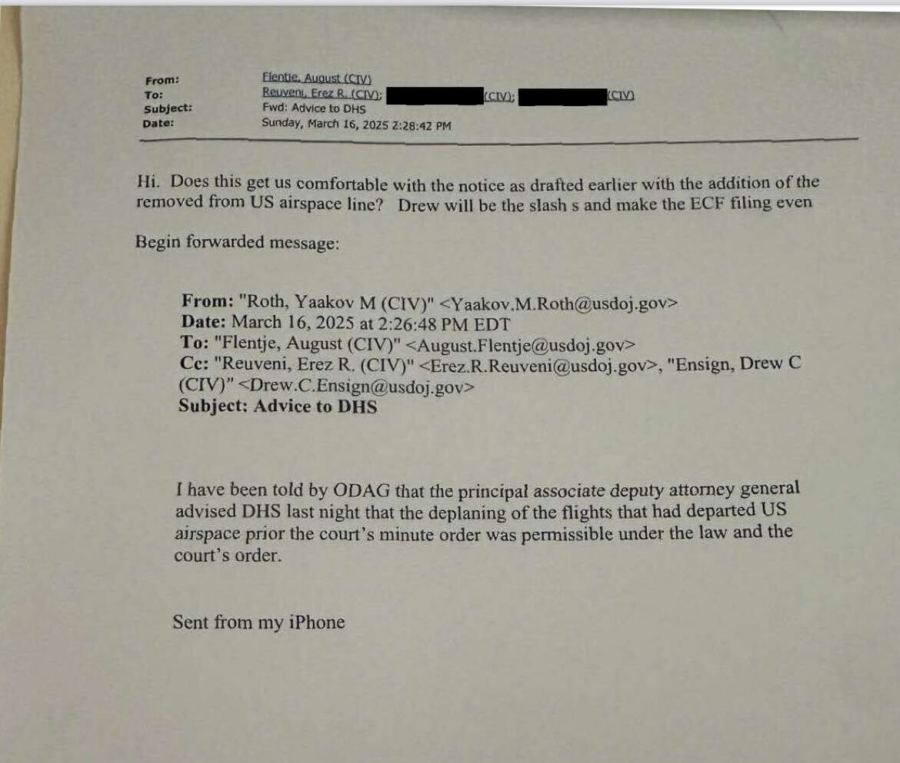On Thursday, Sen. Dick Durbin of Illinois, the most senior Democrat on the Senate Judiciary Committee, introduced a new wrinkle for President Donald Trump’s latest federal appeals court nominee, Emil Bove.
Shortly before Bove’s confirmation hearing last month, a former Justice Department immigration lawyer, Erez Reuveni, submitted a whistleblower report, claiming, among other damning allegations, that in a March 14 meeting, Bove — the current principal associate deputy attorney general — suggested colorfully that the Justice Department would have to resist court orders that impeded the administration’s efforts to deport noncitizens.
By the time he appeared before the committee, however, the former Trump defense lawyer was hardly bowed. With carefully phrased responses alongside a handful of “I don’t recall” answers, Bove mostly denied Reuveni’s allegations, and no Republican senator seemed particularly troubled.
But Durbin on Thursday released Reuveni’s emails, text messages and even phone records that Reuveni says support the narrative in his 27-page complaint. Those documents, available here and here, are highly revelatory of the Trump administration’s good faith and veracity — or lack thereof — in courts thus far and should have an impact beyond Bove’s nomination.
They reveal, for example, how Reuveni and other career Justice Department lawyers drafting briefs and making court appearances were ignored as they attempted to obtain information and assurances from other agencies, especially the Department of Homeland Security. For example, on March 15 and 16, Reuveni repeatedly asked for confirmation that DHS was complying with U.S. District Judge James Boasberg’s injunction and requested an update on the status of the flights and those individuals on the planes.
The emails also expose how Reuveni and others were insulated from real-time, high-level discussions how to handle the growing public outcry about Kilmar Abrego Garcia’s unlawful deportation to and imprisonment in El Salvador. They highlight how a senior Justice Department official, Drew Ensign, may have knowingly misled Boasberg during a March 15 hearing by denying any knowledge of plans to deport noncitizens imminently under the Alien Enemies Act case.
And, yes, they provide some corroboration for Reuveni’s explosive claim that Bove told Justice Department lawyers that they might have to counter court orders with a hearty “f— you.”
But for my money, perhaps the most important email is one between a handful of senior Justice Department immigration lawyers on March 16, the day after the Department of Homeland Security flew three planes full of migrants, including Abrego, to El Salvador.













